Sleep Better After 60: A New Study Reveals the Secret
New research sheds light on how temperature impacts sleep.

If you are having trouble sleeping over 60, you aren't alone: Insomnia is the most common sleep problem in adults aged 60 and older, according to the National Institute on Aging. Luckily, new research claims to have found the secret to sleeping better after 60. According to a new study published in Science of The Total Environment, there might be an easy fix to help you get more rest.
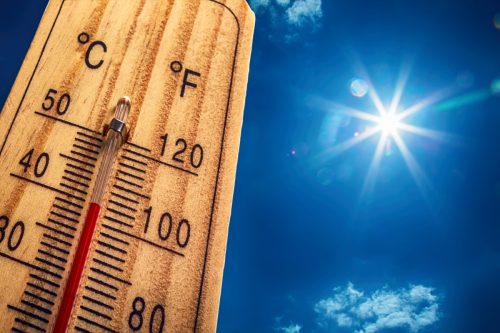
The new study claims that the temperature of your bedroom heavily influences sleep quality, and there is one temperature range for optimal sleep.
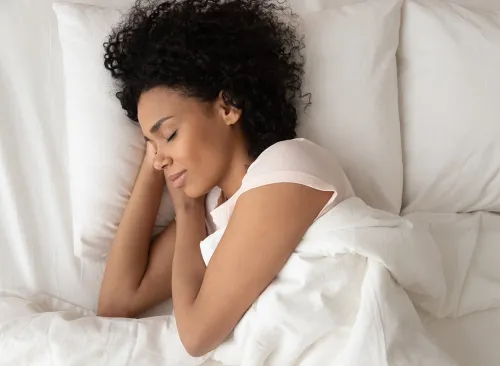
According to researchers, older adults sleep best when they keep their thermostat between 70 and 74 degrees.
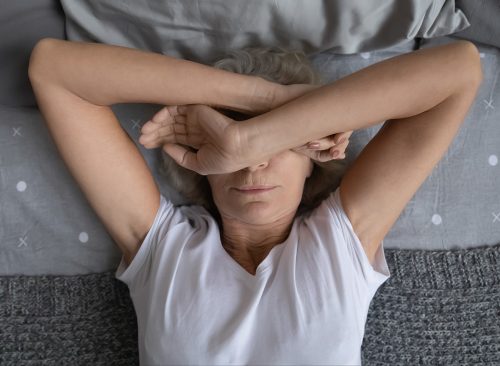
They also pinpointed the temperature you want to avoid. According to their findings, older adults sleep poorly when the bedroom temperature hits 80 or above.
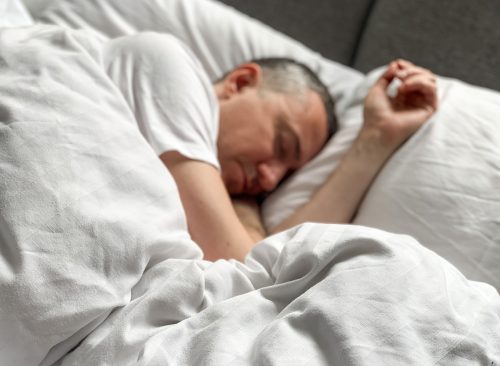
"We found that the real peak of the sleep — where it is most restful — is within the 70 to 74 range," said Amir Baniassadi, a postdoctoral research fellow at Harvard Medical School and Marcus Institute for Aging Research, and the study's lead author.
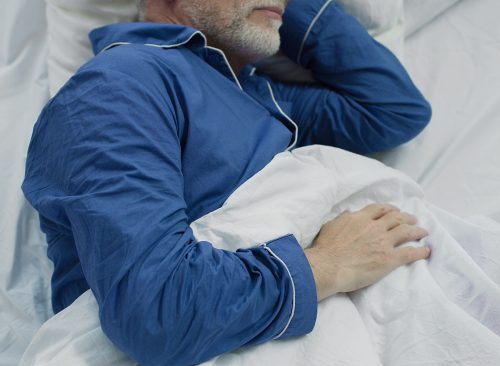
"If we had to suggest an optimal range based on our findings, something that I'm generally hesitant to do, it should be 70 to 74," Baniassadi added.
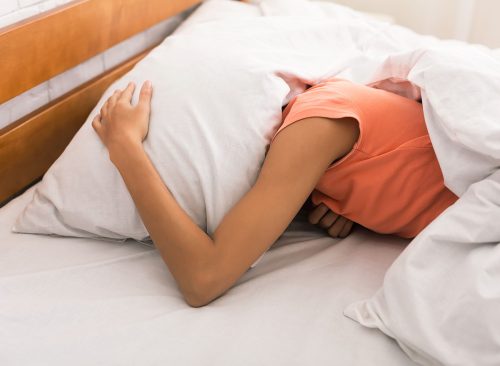
Baniassadi explained that they found that temperature starts to play "an important role" once it goes above 77 or below 68.
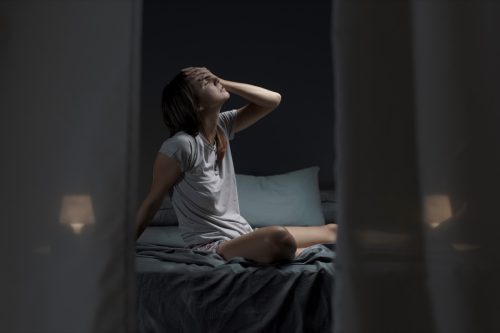
They were more focused on "what happens when it gets hotter," he said, finding a 5-to-10 percent drop in sleep efficiency when indoor temperatures rose from 77 to 86 degrees, he said.
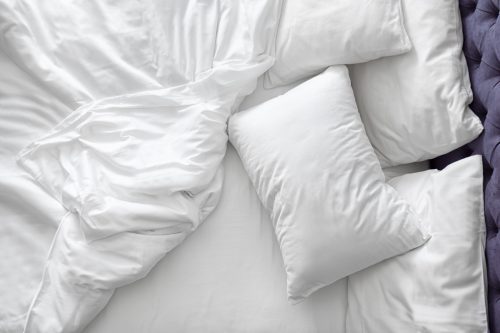
"The consensus among most scientists is that anything higher than 75 or 80 is bad for sleep and potentially detrimental to health," Baniassadi said.
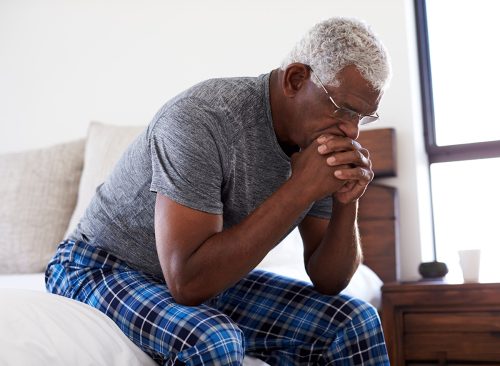
"We selected older adults because they typically experience poor sleep more than younger populations, their physiology is more sensitive to temperature changes, and they suffer the most in heat waves," he said.
RELATED: Surprising Signs You've Already Had COVID
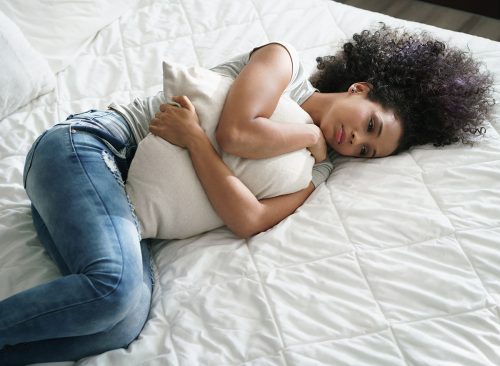
In order to minimize the effects of high heat on sleep, Baniassadi offers the following tips.
During warmer nights, stay hydrated.
Take a shower before bed.
Wear light sleepwear.
If you have the means to manage the temperature in your bedroom, adjust the thermostat.
Open a window.
Make sure your air conditioner is working properly, especially during a heat wave.
Be mindful of others in your community. Check on older family members and neighbors when it's hot.














